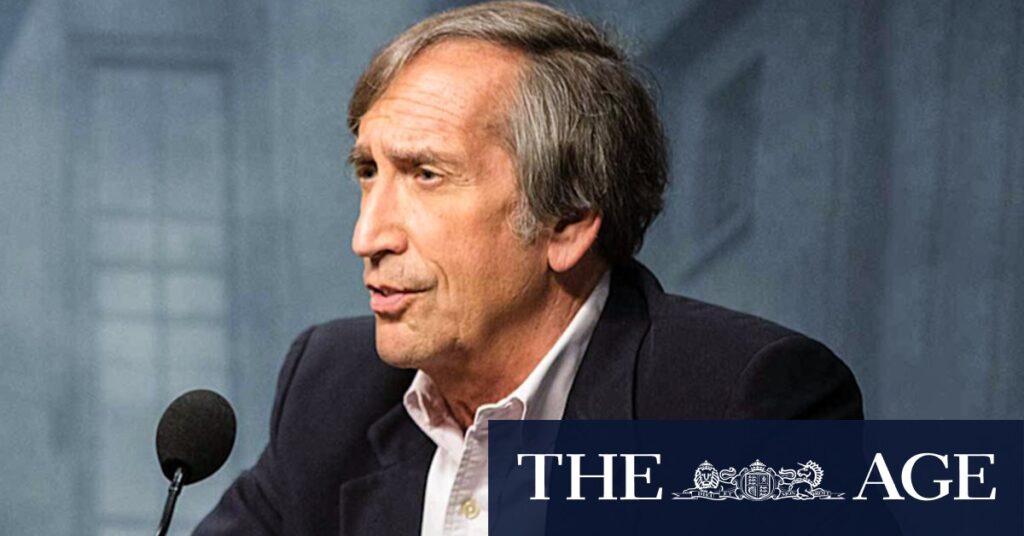
US Secretary of State Marco Rubio has criticized France’s decision to recognize Palestine, suggesting it has emboldened Hamas in negotiations for a ceasefire in the ongoing Gaza conflict. Rubio’s remarks come amidst a growing international debate on the recognition of Palestine, with Australia considering a similar move.
Prime Minister Anthony Albanese of Australia has expressed a desire for the recognition of Palestine to be more than symbolic. However, veteran Middle East negotiator, Miller, dismissed the notion, stating, “It doesn’t matter, and it will have no impact. If Britain, France, Germany, and Canada have had no impact, then what does the Australian government think it’s doing?”
International Moves and Reactions
France, the United Kingdom, and Canada have announced plans to recognize Palestine at the upcoming United Nations General Assembly in September. Meanwhile, German Chancellor Friedrich Merz has taken a different stance, withholding recognition but imposing an embargo on weapons sales to Israel.
Miller suggested that domestic politics or moral outrage over the situation in Gaza and the West Bank might drive the Albanese government’s decision. “I just don’t understand the instrumental motivation. What is it designed to actually accomplish on the ground?” he questioned.
“The Australians have had no experience in this region,” Miller noted, emphasizing the historical complexities of Middle East politics.
Australia’s Domestic and Foreign Policy Challenges
Albanese has urged the international community to seek a path to peace and security in the Middle East, arguing that the current approach is insufficient. “For the people who are saying this is the wrong direction, they need to come up with an alternative pathway,” he stated.
In a related development, the Australian government has banned Rothman, known for inflammatory remarks, from entering the country. Home Affairs Minister Tony Burke explained, “Our government takes a hard line on people who seek to come to our country and spread division.”
The decision was met with mixed reactions. Robert Gregory of the Australian Jewish Association criticized the timing, while Nasser Mashni of the Australia Palestine Advocacy Network welcomed it, saying Rothman “should never have been granted a platform in Australia.”
Historical Context and Future Implications
The debate over recognizing Palestine is not new. Historically, the Middle East has been a complex tapestry of power struggles and diplomatic efforts. Miller highlighted this, saying, “The Middle East is literally littered with the remains of great powers, their schemes, their dreams, their ambitions, their peace plans.”
Australia’s stance on Middle East issues has been cautious, with recent visa denials to controversial figures like Ayelet Shaked and travel bans on extremist Israeli cabinet members. These actions reflect a broader policy of maintaining balance and avoiding escalation in a region fraught with tension.
“Having played this card, they’ll get nothing more out of the Palestinians,” Miller warned, suggesting that Australia’s diplomatic gestures might not yield significant results.
As the international community grapples with the complexities of Middle East diplomacy, the implications of recognizing Palestine remain uncertain. The move could influence future negotiations and alter the geopolitical landscape, but its immediate impact is debated among experts.
Looking ahead, nations must navigate these diplomatic waters carefully, balancing moral imperatives with strategic interests. The recognition of Palestine, while symbolic, could serve as a catalyst for renewed discussions on peace and stability in the region.







